Patient HNQ, 20 years old, was admitted to the hospital with symptoms of persistent dull abdominal pain in the right hypochondrium. Through medical history, the patient was in stable health, occasionally eating raw vegetables. Notably, the patient did not have the habit of regularly deworming, which could be a risk factor leading to the current medical condition.
Upon admission, the patient had no fever, but the liver ultrasound showed multiple scattered liver abscesses, the largest of which was up to 30mm in size. Blood tests showed an elevated white blood cell count, especially eosinophils. The doctor suspected the cause of the disease was a parasitic infection and performed a diagnostic serological test to look for antihelminth antibodies.
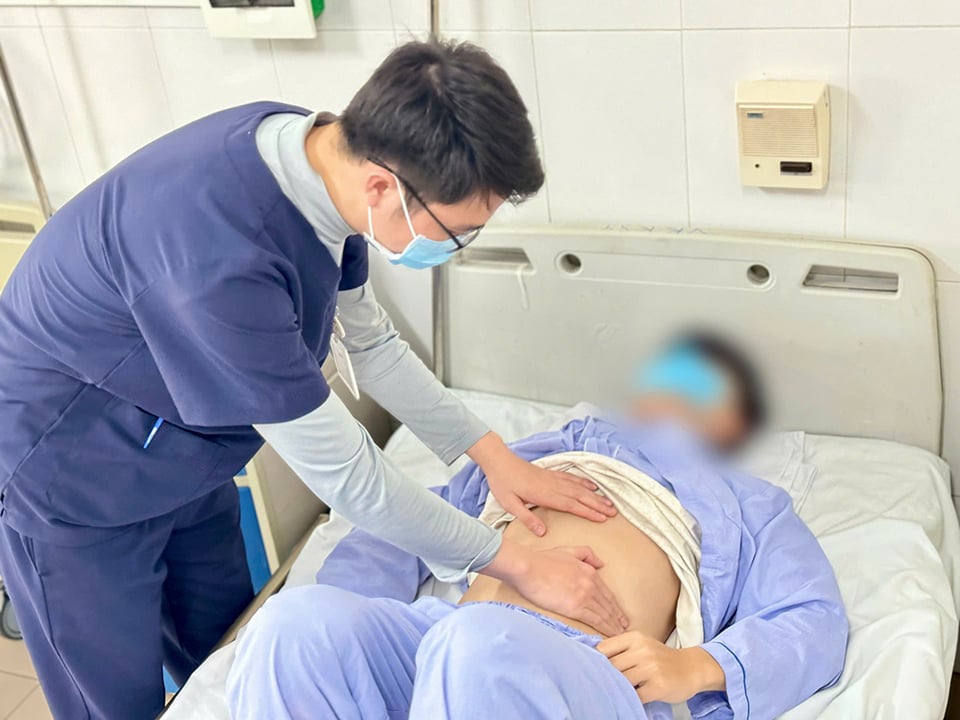
Test results showed that the patient was positive for three types of parasites, including large liver fluke (Fasciola hepatica), dog tapeworm (Toxocara canis) and strongyloides stercoralis. Based on these results, the patient was diagnosed with liver abscess due to parasitic infection and was prescribed a treatment regimen. Currently, the patient's condition is stable and all clinical symptoms have disappeared.
Another patient, Mr. NVT, 54 years old, from Soc Son, Hanoi , was admitted to the hospital with symptoms of dull abdominal pain in the right hypochondrium. When taking a medical history, the patient said that he occasionally ate raw salad. After examination and liver ultrasound, the doctor discovered many scattered liver abscesses, the largest of which measured 38 x 26 mm. The results of the blood test showed that Mr. T. was positive for large liver flukes and cat and dog roundworms (Toxocara spp.).
A white blood cell test showed that the patient's eosinophil count was slightly elevated. The patient was diagnosed with a liver abscess due to a parasitic infection and was prescribed an appropriate treatment regimen. Mr. T's condition is now stable and his clinical symptoms have significantly decreased.
According to Dr. Tran Duy Hung - Head of the Department of Viruses and Parasites, Central Hospital for Tropical Diseases, the medical history of both patients shows that the living environment and living and eating habits play an important role in the transmission of the disease.
“In the above 2 patients, the abscesses are all up to 38 x 26 mm in size, scattered throughout the liver. If not treated promptly, these abscesses can cause a series of dangerous consequences. For example, secondary infection, abdominal infection if the abscess ruptures into the abdomen; sepsis if bacteria from the abscess spread into the blood; liver failure, multiple organ failure if liver damage is severe and prolonged” - Dr. Hung shared.
To prevent parasitic infections, Dr. Hung recommends that people pay attention to eating cooked food, drinking boiled water, washing their hands before eating, and especially limit eating raw foods such as raw vegetables, raw fish salad, sour meat... If you use raw vegetables, you must wash them thoroughly with clean water and rinse them under running water.
In addition, regular deworming every 6 months is very important to reduce the risk of parasitic infection. In particular, maintaining personal hygiene, such as washing hands thoroughly before eating, after going to the toilet or coming into contact with soil. For families raising dogs and cats, it is necessary to periodically deworm pets to prevent the risk of infection...
Source: https://kinhtedothi.vn/thoi-quen-an-goi-rau-song-nhieu-benh-nhan-nhiem-ky-sinh-trung.html








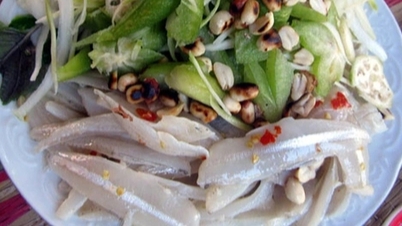













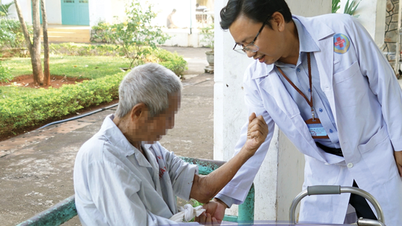
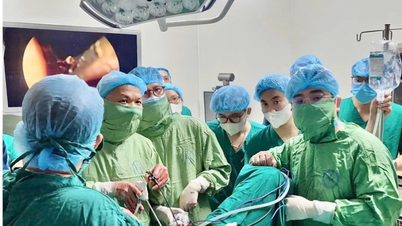
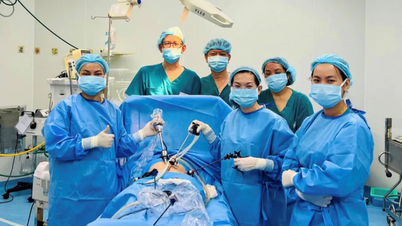









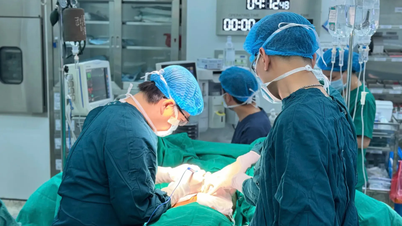






![[Video] The craft of making Dong Ho folk paintings has been inscribed by UNESCO on the List of Crafts in Need of Urgent Safeguarding.](https://vphoto.vietnam.vn/thumb/402x226/vietnam/resource/IMAGE/2025/12/10/1765350246533_tranh-dong-ho-734-jpg.webp)





































































Comment (0)